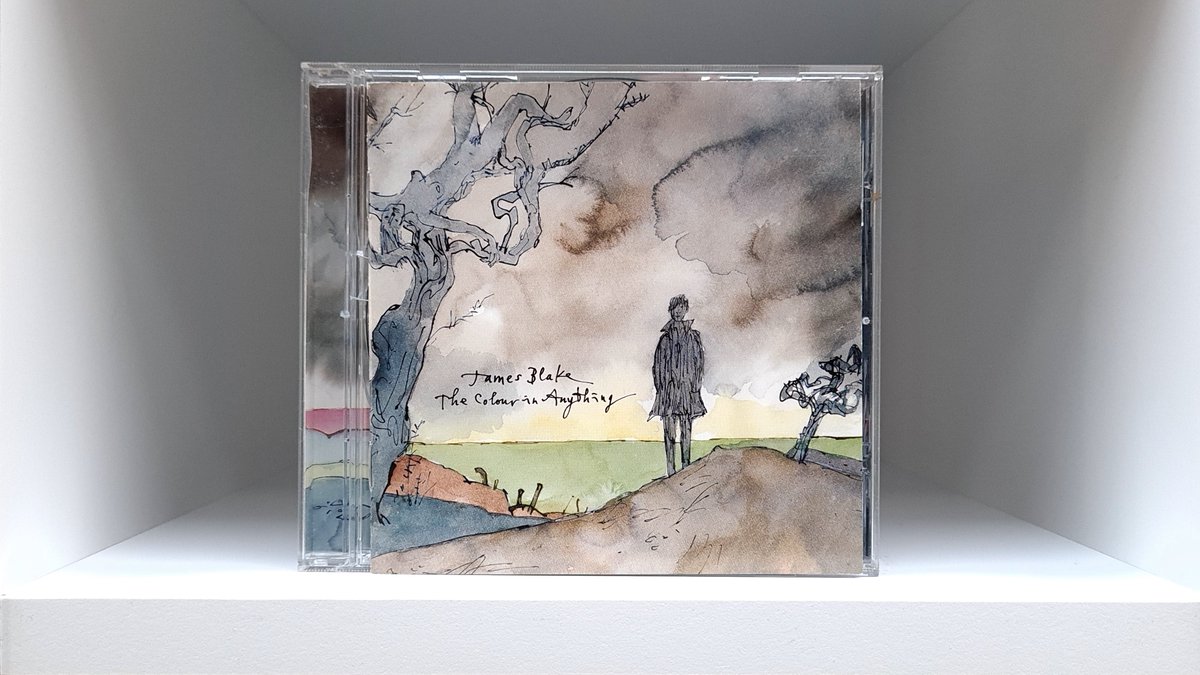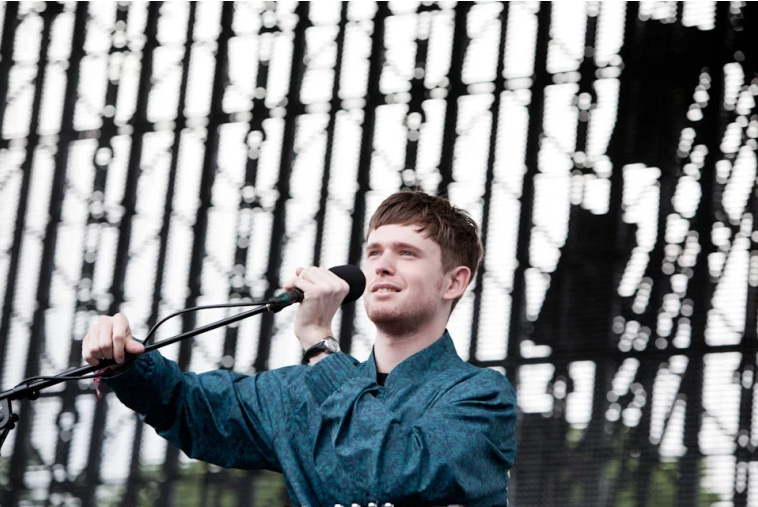
The cold contemplation of songs like Radio Silence and A Wilhelm Scream – with its repeated sighs of “I don’t know about my dreams any more” – could also be attributed alongside Lana Del Rey with helping usher in an era of pop unafraid to grapple with sadness and despair. His climb to mainstream success has been so gradual (not to mention littered with awards: his 2013 album Overgrown beat David Bowie and Arctic Monkeys to the Mercury prize after he missed out with his self-titled 2011 debut) that it’s easy to forget how improbable it is.Įchoes of the emotional style of this wiry, white former dubstep DJ from Enfield are detectable in the music of everyone from FKA twigs to recent BBC Sound of 2019 poll winner Octavian. Released last month, Assume Form marks Blake’s decade-long evolution into one of the most sought-after British songwriting talents, revered both as a solo conjurer of delicate, minimalist synth beauty and as a contributor to hugely anticipated blockbuster projects by chart behemoths.

Rapper Travis Scott also appears, returning the favour after Blake appeared on his album Astroworld. Blake is up for two Grammy awards in rap categories this year, alongside rappers Kendrick Lamar, Jay Rock and Future for their track King’s Dead, taken from the Black Panther soundtrack.įlamenco innovator Rosalía and neo-soul prodigy Moses Sumney guest on Assume Form, as does André 3000, the OutKast alumnus who doesn’t seem to step into a recording booth nowadays without Blake nearby (their collaboration on Assume Form is their fourth in as many years). Bon Iver, Chance the Rapper and Jay-Z are other studio sparring partners.

Drake has sampled him and Kanye West declared him “Kanye’s favourite artist” before a few ultimately ill-fated 2014 writing sessions together. F or an artist whose sound is steeped in isolation, cutting a forlorn figure on icy electronic laments that shiver with loneliness, James Blake arrives at his latest album Assume Form as one of the best connected people in popular music.Īt some point over the last decade, while journeying from the fringes of London’s dubstep scene to the epicentre of American rap and pop, it became easier to list superstars the acclaimed producer-songwriter hasn’t worked with.


 0 kommentar(er)
0 kommentar(er)
